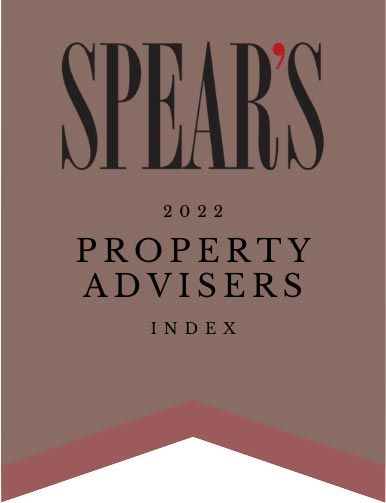When most people invest in a buy to let property, they buy it in their own name, as an individual. This isn’t the only option open to investors though. Rather than owning the property in your own name, you can instead purchase it through the vehicle of a limited company. In order to do this, a borrower would set up a limited company or Special Purpose Vehicle (SPV) purely to purchase property. The borrower then deposits capital into their limited company and arranges lending to it, which allows the company to purchase the properties.
An increasing number of landlords are opting to do just that because of the potential benefits it brings, including the potential for lower taxation and higher mortgage amounts.
Why Might You Want to Buy to Let Via a Limited Company?
One of the big benefits of buying an investment property through a limited company is that it allows you to sidestep some of the stripping back of tax relief on offer to landlords.
Previously, landlords who owned an investment property in their own name could deduct mortgage interest from their property revenues in order to work out the taxable profit.
However, this is changing so that landlords can only receive relief at the basic rate of income tax. This is being phased in at the moment:
- In 2018-19, the deduction from property income is restricted to 50% of finance costs, with the other 50% given as a basic rate tax reduction.
- In 2019-20, the deduction from property income is restricted to 25% of finance costs, with the remaining 75% given as a basic rate tax reduction.
- From 2020-21, all financing costs incurred by a landlord will be given as a basic rate tax reduction.
This effectively means that individual landlords will pay more tax on the rental revenues they bring in.
Things are different if the property is owned via a limited company, as these changes do not apply. Instead, limited company landlords will be able to continue to deduct mortgage interest costs in their entirety from their business incomes in order to work out the taxable profits.
Limited companies will typically pay less tax on the rental income received, the net returns can be higher. Therefore, some lenders are happy to actually lend more to a limited company than to an individual, thus giving greater leverage potential. This means that you may be able to release more capital if remortgaging or need a smaller deposit if buying through a limited company.
What About Tax When Buying to Let Through a Limited Company?
The actual tax you pay will be different too. If you own the property as an individual, then you will pay income tax on your profits, but when owned through a limited company, the company instead pays corporation tax. The current rate stands at 19%, with the rate set to fall to just 17% from April 2020, offering a further boost.
Between the additional tax relief on mortgage interest and the lower tax rates charged on profits, owning buy-to-let properties via a limited company can therefore be more lucrative than as an individual. Do be aware, though, that if you want to take the rental profits out of the company and into your own hands, personal income taxation may come into play. To be sure that you fully understand all the potential tax liabilities, and the best way to draw funds from your company, it is essential that you take independent tax advice from a specialist.
At Large Mortgage Loans, we can go through your situation to help you establish whether you would be better off purchasing through a limited company and find the best products to help you do so.
Where Can I Find a Limited Company Buy to Let Mortgage?
Because limited company buy-to-let has become more attractive, lenders have responded by launching more deals to cater to this market. According to figures from financial information site Moneyfacts, while these borrowers had just 17 deals to choose from in April 2013, this had rocketed to 235 by April 2018.1
That said, it is still a much smaller area of the market than traditional buy-to-let, with only a handful of lenders really active in limited company buy to let. This is where a specialist mortgage broker really can prove invaluable for landlords looking to borrow through a limited company.
At Large Mortgage Loans we have long-established relationships with the lenders involved in this area of the market, with an in-depth understanding of precisely what cases they are most likely to accept. As a result we can help you find the very best deals to match your circumstances.
It’s also important to remember that many of the lenders who do offer limited company buy to let mortgages only do so via intermediaries like Large Mortgage Loans – you can’t get them directly, as you might when borrowing from a high street bank.
Can I Buy Through an Existing Limited Company I Own?
As a general rule, lenders prefer to offer limited company buy to let mortgages to firms that are only involved in property deals. That’s why many landlords in this area set up Special Purpose Vehicle (SPV) companies in order to conduct their property business. An accountant can do this quickly and cheaply for you.
However, there are some lenders who will consider lending to businesses involved in other areas, too. At Large Mortgage Loans we regularly work with these lenders so can help you find the right loan to suit your circumstances.
This article has been compiled based on our understanding of current HMRC rules, which may be subject to future change.
The Financial Conduct Authority does not regulate taxation and accountancy services and some aspects of buy to let.
Your property may be repossessed if you do not keep up repayments on your mortgage.
To be sure that you fully understand all the potential tax liabilities, and the best way to draw funds from your company, it is essential that you take independent tax advice from a specialist.




















